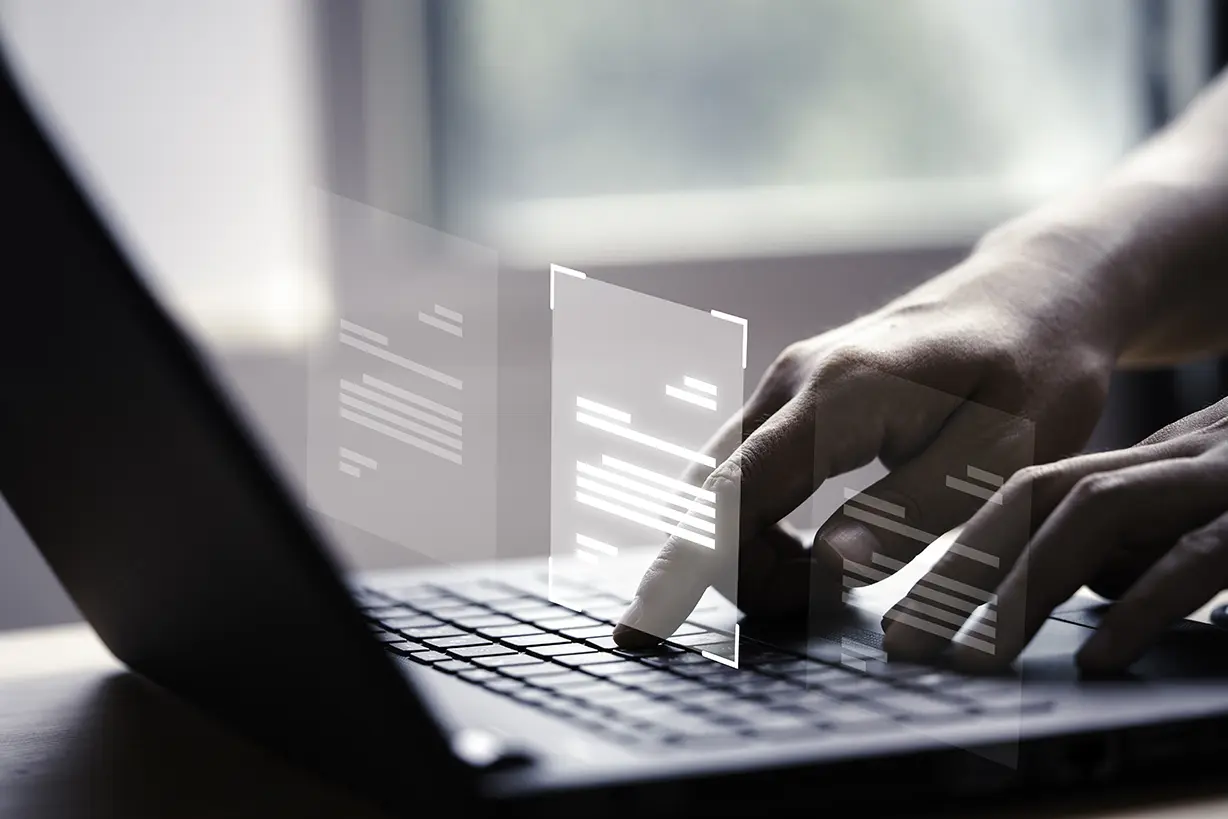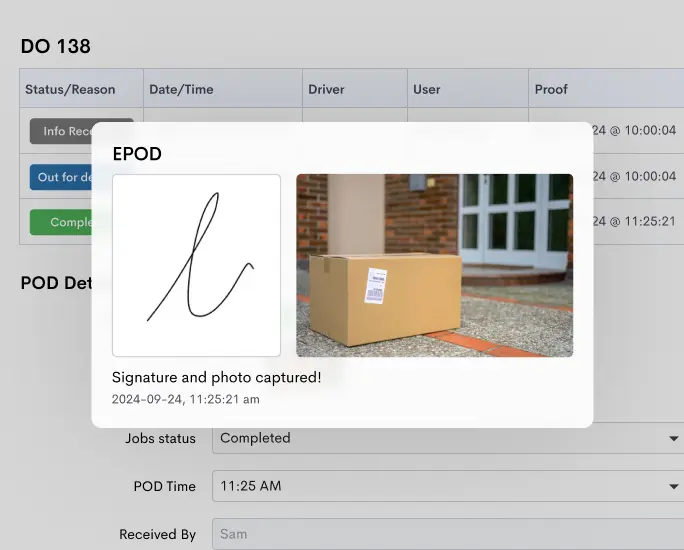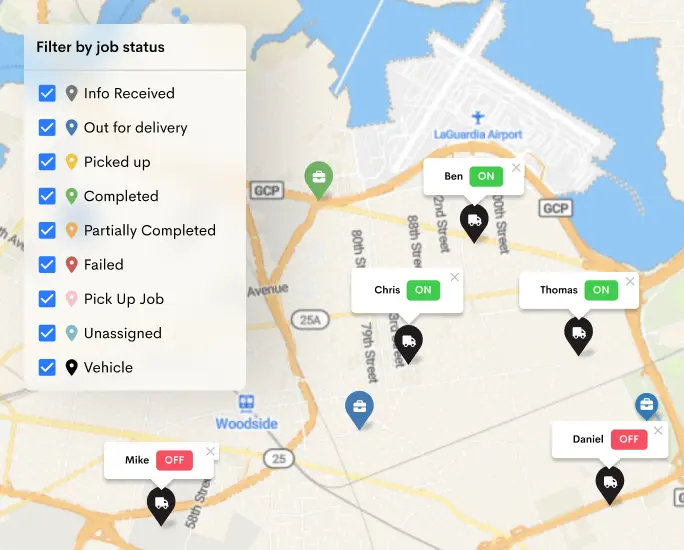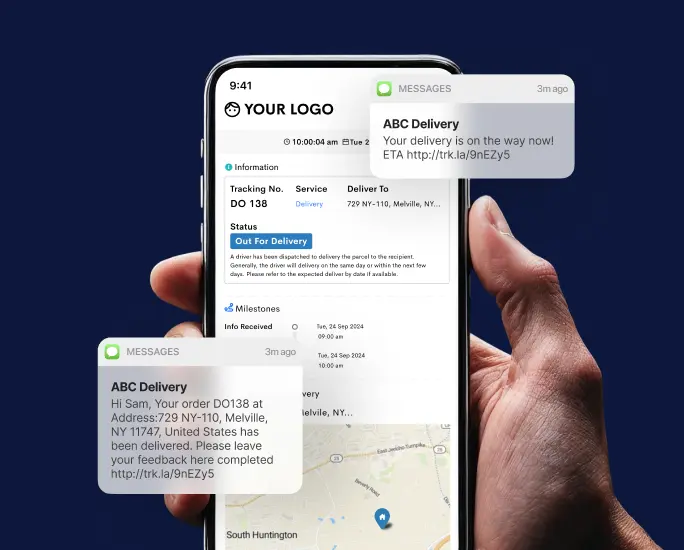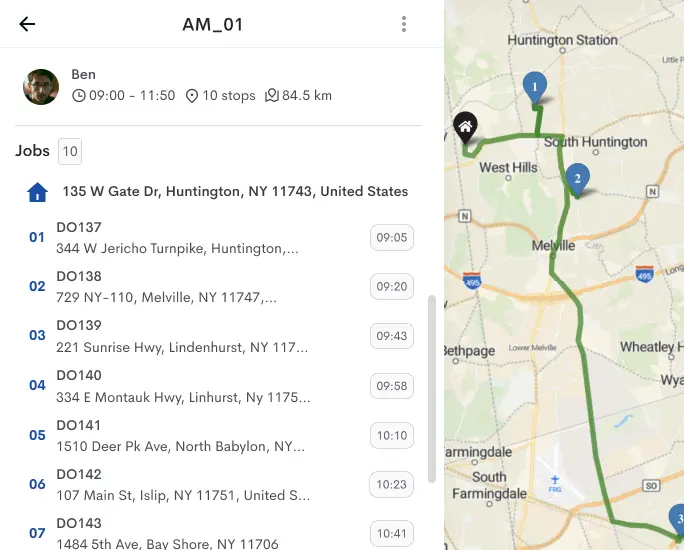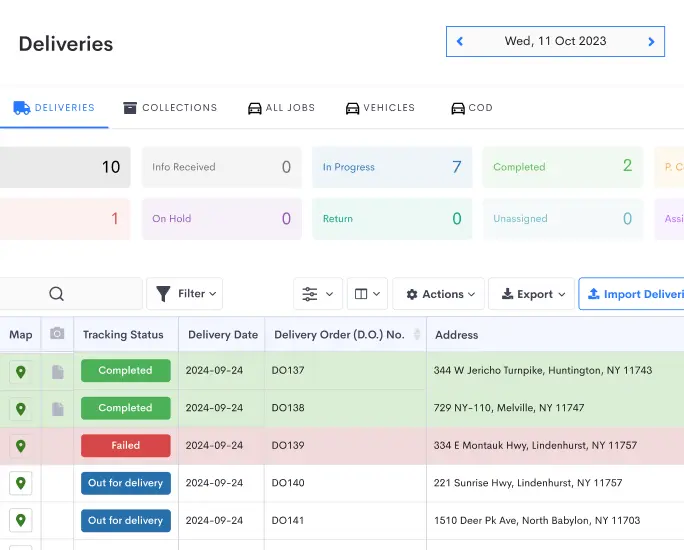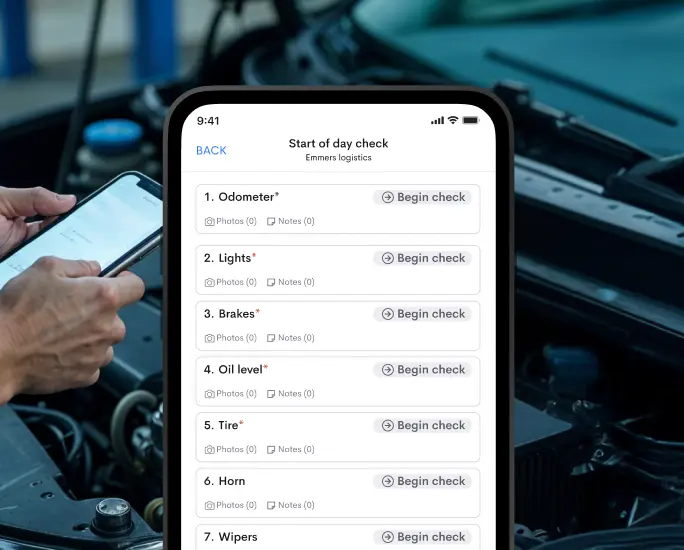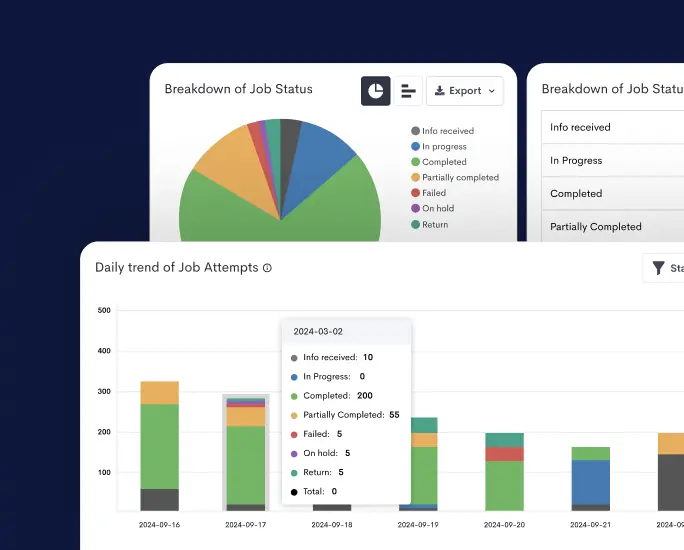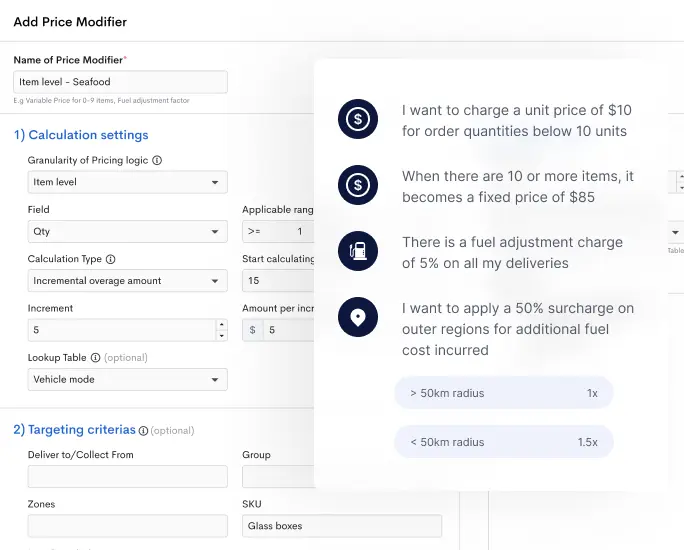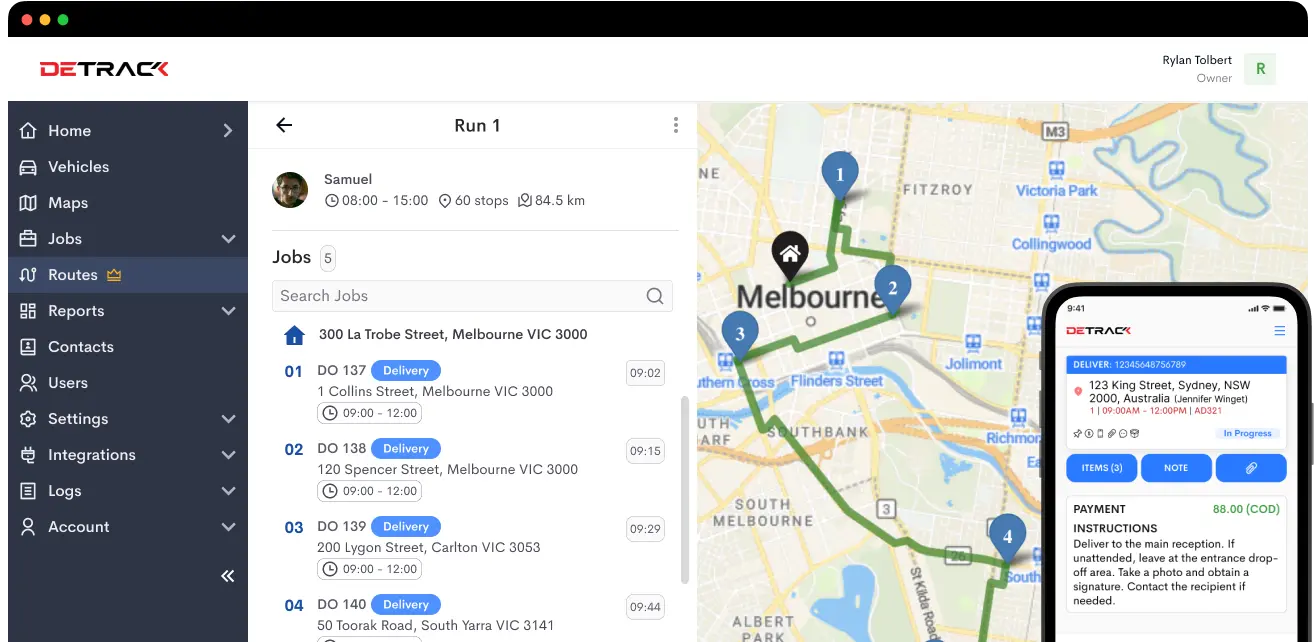If you’re a business, the protection of customer personal data and information should be your number one priority.
With cyberattacks and data breaches on the rise, no industry is immune from becoming a target – making it essential to have policies in place that protect everyone’s private information. To help ready businesses for these potential threats, we’ve created this guide to understanding how to handle breaches of personal information.
Here, you will find when to alert customers, what kind of response you should expect from them if they are affected by a breach, and tips for boosting security so your business stays protected going forward.
What Is A Data Breach?
A data breach is a security incident involving unauthorized access, acquisition, or use of sensitive information such as financial records, customer records, or confidential business plans.
In a data breach incident, the perpetrator typically gains access to sensitive information through malicious means such as computer hacking or malware.
Data breaches can have serious consequences for both the company whose data was compromised and the individuals whose private information has been exposed.
Companies may suffer huge losses due to reputational damage and legal expenses, while personal victims could face identity theft or blackmail.
It is essential that businesses take steps to protect their data by investing in cybersecurity solutions and educating their staff on the importance of proper cybersecurity practices.
How Does A Breach Of Personal Information Happen?
A breach of personal information can happen in many different ways. It can start with something as simple as stolen mail, where a thief grabs documents from someone’s mailbox with their name, address, and other personal information.
Unfortunately, it does not end there; the hacker now knows who you are and where you live, giving them the perfect opportunity for further theft through tactics like identity fraud. In these cases, criminals have access to bank accounts or high-value items such as cars or jewelry that belong to the person whose information has been breached.
What is worse is that more sophisticated breaches can occur due to weaknesses in databases or systems that contain your personal details, leaving an even larger vacuum for cyber thieves.
The impact is clear: a tremendous loss of trust between those affected by the breach and the companies responsible for protecting their data.
No matter how it happens, the consequences of personal data being exposed can be devastating and wide-reaching.
Making Your Customer Privacy A Priority
Ensuring customer privacy is of utmost importance for any business. It’s essential to take steps to protect customer data and maintain the trust placed in your organization. There are a few key actions you can take to make customer privacy a priority.
- First, invest in strong security software solutions, such as multi-factor authentication, encryption, and identity verification.
- Second, update privacy policies regularly as products and services evolve; customers should be aware of changes to understand how their personal information is used.
- Lastly, provide robust customer service options; customers should have direct access to customer service representatives so they can ask questions or raise concerns with ease.
When organizations prioritize their customers’ privacy, everyone wins – organizations gain trust while consumers remain protected.
The Importance Of Protecting Customers’ Personal Information
Protecting customers’ personal information is an increasingly pressing issue for businesses, both big and small.
It’s essential to ensure that customers can trust their private data will be handled securely by a business; otherwise, those customers may simply not risk engaging with a company. Without the trust of customers, any business operating in a hands-on manner will ultimately struggle to compete.
Therefore, businesses should take necessary steps to guarantee that customer information is stored securely and kept strictly confidential in order to prevent any potential security risks.
The responsibility for sustaining this trust lies with the organization and not with any single individual within the company – taking action immediately when there is even the slightest hint of something amiss is critical in building customer loyalty and keeping their personal information safe.
What To Do If There’s A Personal Data Breach?
A data breach can be a devastating and costly incident for any business, not to mention the loss of customer trust in your brand.
If you experience a personal data breach in your business, the first goal must be to contain the problem so that it doesn’t spread further. This could mean temporarily shutting down services while the source of the data breach is investigated and investigations are underway.
Recovering from such an event isn’t easy and customers must be informed if their personal information has been compromised.
While it can take time for customers to regain trust in your brand, developing a plan with steps for improving security measures as well as investments in staff training can help you build consumer confidence again.
In addition, it’s important to have legal advice ready in case of litigation or other potential issues following the breach.
Creating A Data Breach Response Plan
Data breaches can cost companies millions in damages, and it pays to be prepared. Creating a data breach response plan is essential for businesses of any size to protect not only themselves but their customers as well.
Here are some tips when creating a data breach response plan:
Develop A Breach Response Team
Developing an effective breach response plan should include the assembly of a strong response team. This team should consist of personnel with diverse skill sets like technical security, customer information, legal, IT and risk management.
Having a diverse response team will ensure that all aspects are covered in the event of a breach, including customer support and proper handling of affected personal data. Each member of the response team should know their responsibilities and how to quickly identify indicators of a data breach.
While having a plan for responding to a data breach is critical, making sure it is properly staffed is just as important.
Have The Right Software In Place
One of the most important steps you can take is to have the right software in place.
Depending on the size of your organization, and what types of data you collect and store, it may be necessary to have an advanced platform that includes multiple layers of security measures like encryption protocols and multi-factor authentication.
Without these protections, an attacker could easily access sensitive customer information or financial records – resulting in serious repercussions for your organization.
When researching for the best solution for your enterprise, make sure to choose one that’s equipped with secure firewall protection as well as regular updates and patching capabilities.
Stop Additional Data Loss
Taking proactive steps to create and execute a response plan can significantly reduce additional data loss should a breach occur. A good response plan will involve technology solutions for immediately identifying and stopping any further infiltration or exposure of data.
Additionally, plans should include organizational protocols for managing communication, responding to affected victims, media inquiries, and internal processes for verification and recovery.
Finally, it’s essential that plans are regularly tested and updated to stay ahead of the ever-evolving threat landscape.
Identify Legal Requirements
As part of the plan, it’s important to identify any legal requirements that may apply depending on the type of data the organization has collected and where it is based.
Most countries have laws or regulations governing how organizations must respond to a data breach, including when and how notification should be provided to impacted individuals.
Companies must be familiar with these legal requirements to ensure full compliance and avoid fines or additional penalties such as lawsuits.
In addition, understanding what data is stored by your organization and its associated laws will also help guide decisions around encryption, access controls, sharing responsibilities, monitoring accounts, deploying software patches, and more.
How To Prevent A Breach Of Personal Information
It is absolutely essential to take precautions to ensure the prevention of a breach of personal information in today’s digital landscape. One way to prevent this is by creating strong and complex passwords that change frequently.
Additionally, identity theft protection services are available that can monitor any suspicious activity surrounding an individual’s online identity. Being mindful and aware of what is shared online and with whom it is shared can also minimize the risk of a breach.
If possible, invest in firewalls, spam blockers, and antivirus software on all devices that contain any important or sensitive data. Routinely backing up stored information on secure clouds or hard disks will also help protect against potential breaches should something go wrong.
Are The Solutions You Use Sufficiently Protected Against Data Breaches?
Protecting your data can be a tricky task. In the modern world, many cyber security solutions promise to secure our data and guard against threats such as data breaches. But are these solutions really effective?
Data breaches are growing increasingly common, and it is often unclear whether or not a solution’s features are enough to provide adequate protection for your information.
Regularly updating security protocols and staying up-to-date with industry standards is important to ensure that your data is protected against the latest threats. It can be difficult to tell which solutions offer the best protection, so monitoring data security regularly is essential.
Taking good care of your digital assets should not be taken lightly and can go a long way in preventing major issues down the road.
Detrack is GDPR and HIPPA Compliant
As businesses evolve and technology advances it is becoming ever more important to ensure that a breach of personal data doesn’t occur in order to protect yourself from costly punishments from regulatory bodies or reputational damage which could further hurt the future success of your company.
To bring privacy into the heart of all decisions made within a company protecting customers from unused or unneeded data storage should be treated with the same care as security protocols.
Taking on board these proactive measures will minimize the risk posed by potential breaches and provide peace of mind in knowing that data is safe within your organization.
Detrack takes data privacy very important and has accreditations and compliance certificates to ensure your business is operating within local policy. Sign up today to try Detrack and see how we manage customer and personal information.

